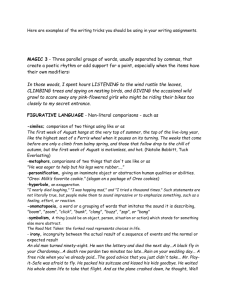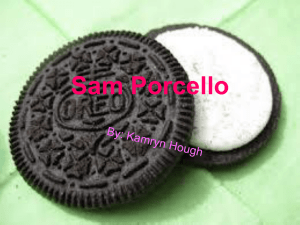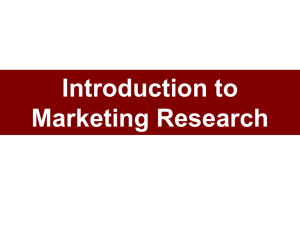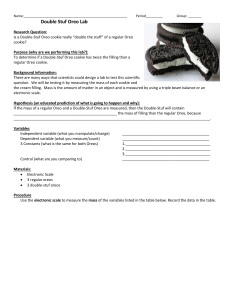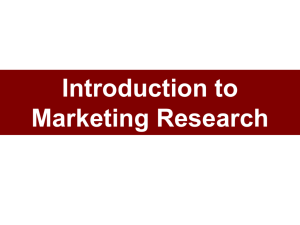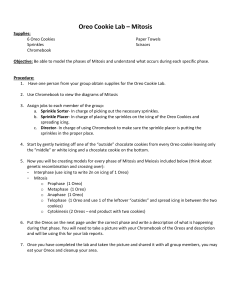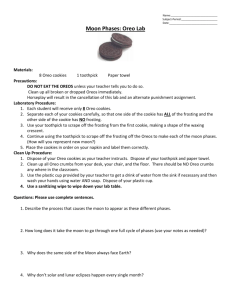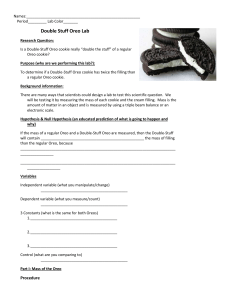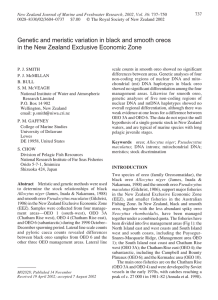August 12-14 - Amanda Bohnert
advertisement
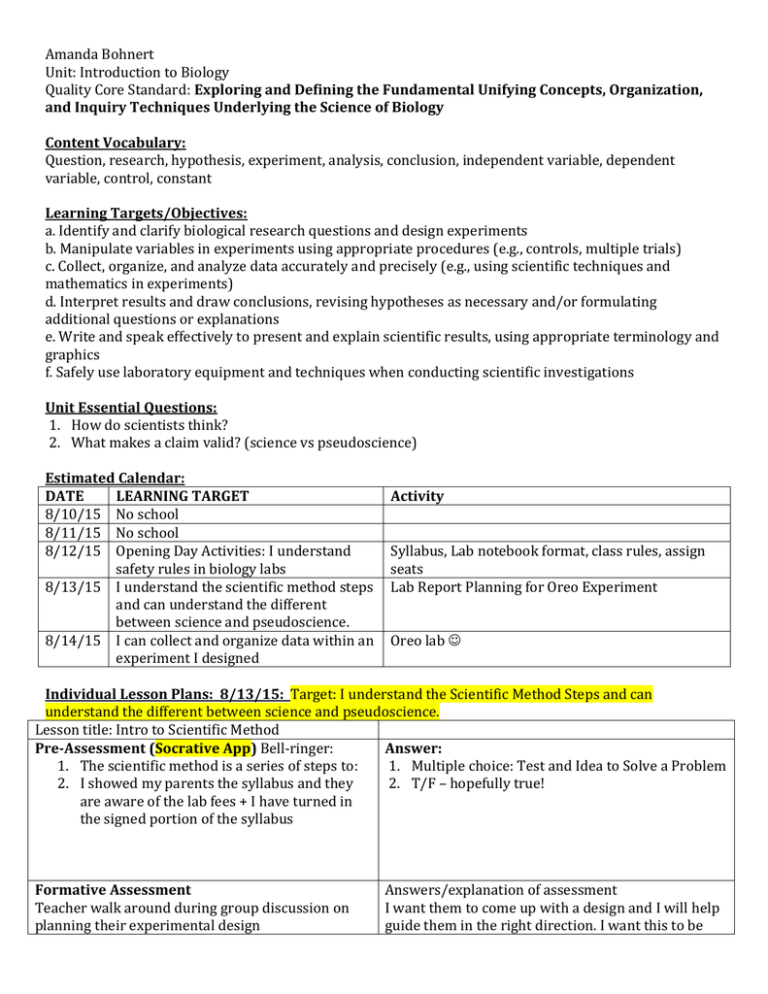
Amanda Bohnert Unit: Introduction to Biology Quality Core Standard: Exploring and Defining the Fundamental Unifying Concepts, Organization, and Inquiry Techniques Underlying the Science of Biology Content Vocabulary: Question, research, hypothesis, experiment, analysis, conclusion, independent variable, dependent variable, control, constant Learning Targets/Objectives: a. Identify and clarify biological research questions and design experiments b. Manipulate variables in experiments using appropriate procedures (e.g., controls, multiple trials) c. Collect, organize, and analyze data accurately and precisely (e.g., using scientific techniques and mathematics in experiments) d. Interpret results and draw conclusions, revising hypotheses as necessary and/or formulating additional questions or explanations e. Write and speak effectively to present and explain scientific results, using appropriate terminology and graphics f. Safely use laboratory equipment and techniques when conducting scientific investigations Unit Essential Questions: 1. How do scientists think? 2. What makes a claim valid? (science vs pseudoscience) Estimated Calendar: DATE LEARNING TARGET 8/10/15 No school 8/11/15 No school 8/12/15 Opening Day Activities: I understand safety rules in biology labs 8/13/15 I understand the scientific method steps and can understand the different between science and pseudoscience. 8/14/15 I can collect and organize data within an experiment I designed Activity Syllabus, Lab notebook format, class rules, assign seats Lab Report Planning for Oreo Experiment Oreo lab Individual Lesson Plans: 8/13/15: Target: I understand the Scientific Method Steps and can understand the different between science and pseudoscience. Lesson title: Intro to Scientific Method Pre-Assessment (Socrative App) Bell-ringer: Answer: 1. The scientific method is a series of steps to: 1. Multiple choice: Test and Idea to Solve a Problem 2. I showed my parents the syllabus and they 2. T/F – hopefully true! are aware of the lab fees + I have turned in the signed portion of the syllabus Formative Assessment Teacher walk around during group discussion on planning their experimental design Answers/explanation of assessment I want them to come up with a design and I will help guide them in the right direction. I want this to be Resources PowerPoint introducing format for lab notebooks and what a hypothesis is/pseudoscience, printed copy of lab notebook outline, Instructional Strategies: Visual (lab notebook outline, PowerPoint) Discussion within lab groups student led. Exit slip: SHOW ME YOUR OREO OUTLINE Socrative A hypothesis is a: (If… Then statement about a particular observation or problem, can be rejected/accepted etc.) Why is the scientific method the most effective way to solve a problem? Reflection Notes: Lesson Procedures: 1. Students will walk in and collect the notebook outline from paper station 2. Students will work on bell ringer questions (might have to print this out for them since tech not set up yet? TBD) 3. Scientific Method introduced in PowerPoint with an emphasis on creating a hypothesis. Other definitions will be introduced 4. Teacher introduces Oreo lab question “Who loves Oreos? I do, but are double stuffed really double stuffed? 5. Teacher allows students to plan an experiment to inquire about this issue 6. Students must get through the planning phase of lab report and show teacher before leaving. See Oreo Lab outline. (just need to answer the first four question sections and the procedural section) Individual Lesson Plans: 8/14/15: Target: I can collect and organize data within an experiment I designed Lesson title: Intro to Scientific Method Part II Pre-Assessment (Socrative App?) Bell-ringer: Name two characteristics of bad science and what makes it bad science Answer: The answer should be yes- we always want to take into account differences in any aspect of our experiment. Could be an interesting find or could be a source for error. Formative Assessment Ask each group steps of the scientific method Answers/explanation of assessment Resources Digital scales/triple beam balances Weight paper Oreos Oreo template sheet Scrapers Calculators Second worksheet on Scientific Method for groups not weighing Instructional Strategies: Exit slip: Name the following from the Oreo lab Independent variable Dependent variable Control group? Reflection Notes: Visual- handouts Hands out- oreo lab Auditory and synthesizing- group discussion Lesson Procedures: 1. Today students will actually do the Oreo lab using their outlines from the day before. No PowerPoint lecture will occur before hand. (unless we do not cover everything from 8/13/14 2. Students will come in and get started weighing out the Oreos and working on filling out the parts of the oreo lab sheet. (just the data table ) 3. I will walk around and answer questions as well as help them work through the steps of the scientific method as well as prepare them to start working on their lab reports using the lab notebook template given on the first day of class. 4. A second handout working through the scientific method steps ---for those groups who are not weighing.
